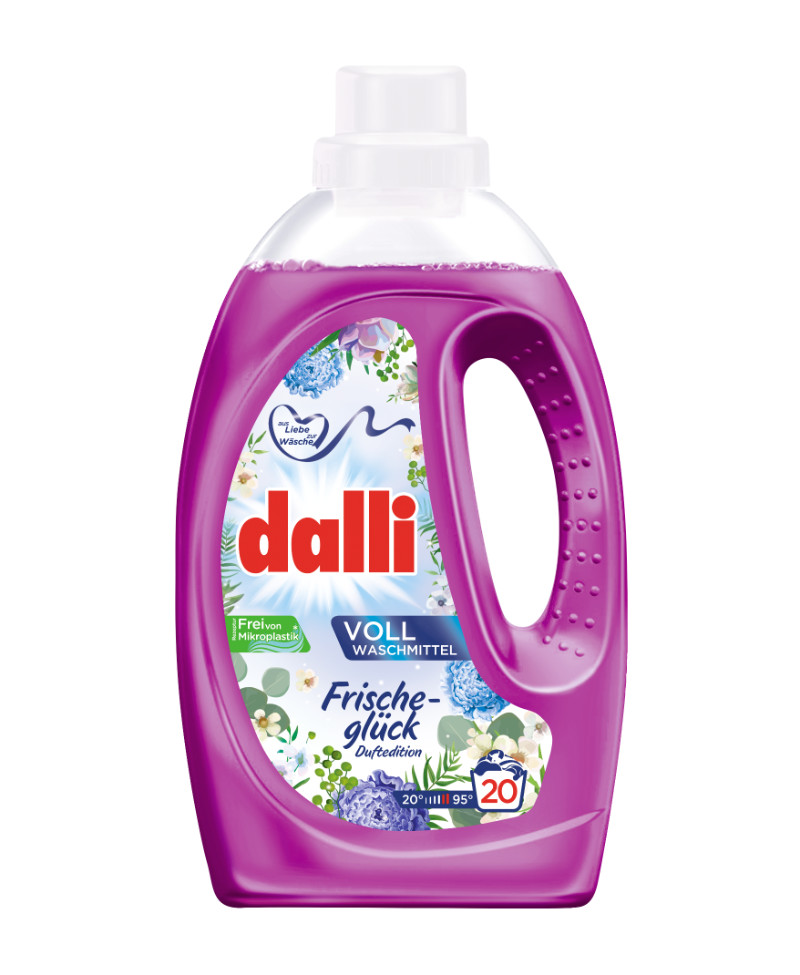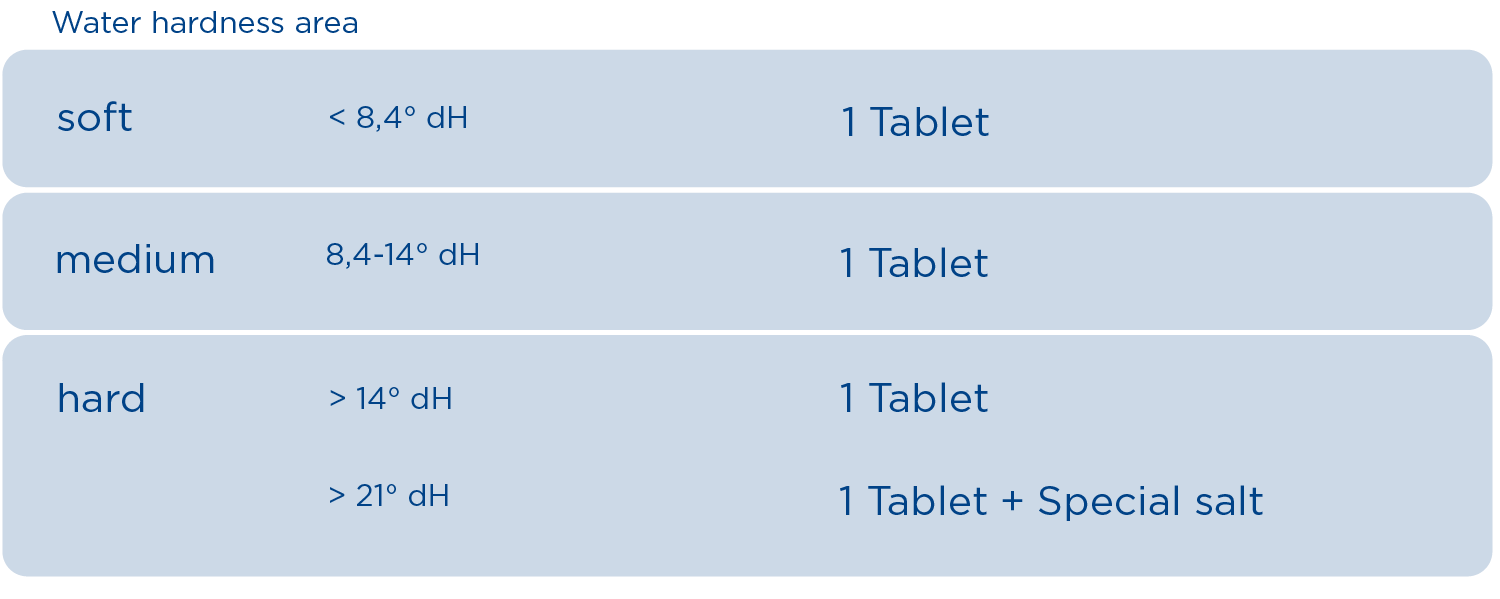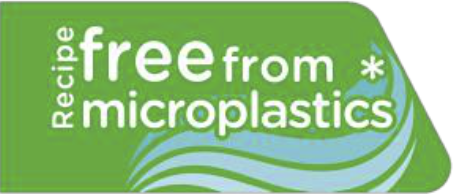
dalli Brilliance 2.0* cleans due to highly active substances and dissolves even persistent, dried dirt. Active rinse aid creates a perfect shine and prevents streaking on glassware and dishes. The specific salt function binds limescale and protects the dishwasher as well as the dishes against damaging deposits. The immediate glass protection counteracts glass corrosion in favor of long-lasting glass shine. The special composition of dalli Tablets counteracts pesky stains and provides streak-free shine on pots and cutlery. The cleaning booster included helps remove dried food leftovers and the heaviest encrustations. The dishwasher smells fresh after each individual wash cycle. Unpleasant smells are absorbed. Improves the drying process and eliminates the need for tedious drying by hand. Groundbreaking cleaning result already at temperatures starting from 40°C.
*Improved recipe + tablets in water-soluble foil
15-30%: oxygen-based bleaching agent 5-15%: polycarboxylates
<5%: non-ionic surfactants, phosphonates Contains: enzymes (protease, amylase), fragrances

© 2022 DALLI-WERKE GmbH & Co. KG Stolberg. All rights reserved
kannst Du in folgenden Shops online kaufen…
you can buy online in the following shops…

The new dalli laundry detergent formulations are free from microplastics
Dalli takes on responsibility and is committed to a sustainable future.
Therefore, in accordance with the definition of the United Nations Environment Programme (UNEP), our formulations with our label are free from microplastics.
Worldwide, there is still no uniform definition of the term microplastic. Nevertheless, the UNEP definition is increasingly gaining acceptance, especially as it provides a suitable basis for factual-scientific considerations on the topic.
As per UNEP, microplastics consist of “solid, water-insoluble plastic particles that are five millimetres and smaller”. This definition of microplastics is also shared by the Federal Environment Agency (UBA) and the World Wide Fund For Nature (WWF) Germany, for example, and we also use this definition as a basis for assessing our products and selecting suitable ingredients.
It is also important to point out that water-soluble or gel-like polymers are excluded from this definition because, according to current knowledge, they do not pose the danger as microplastic particles.